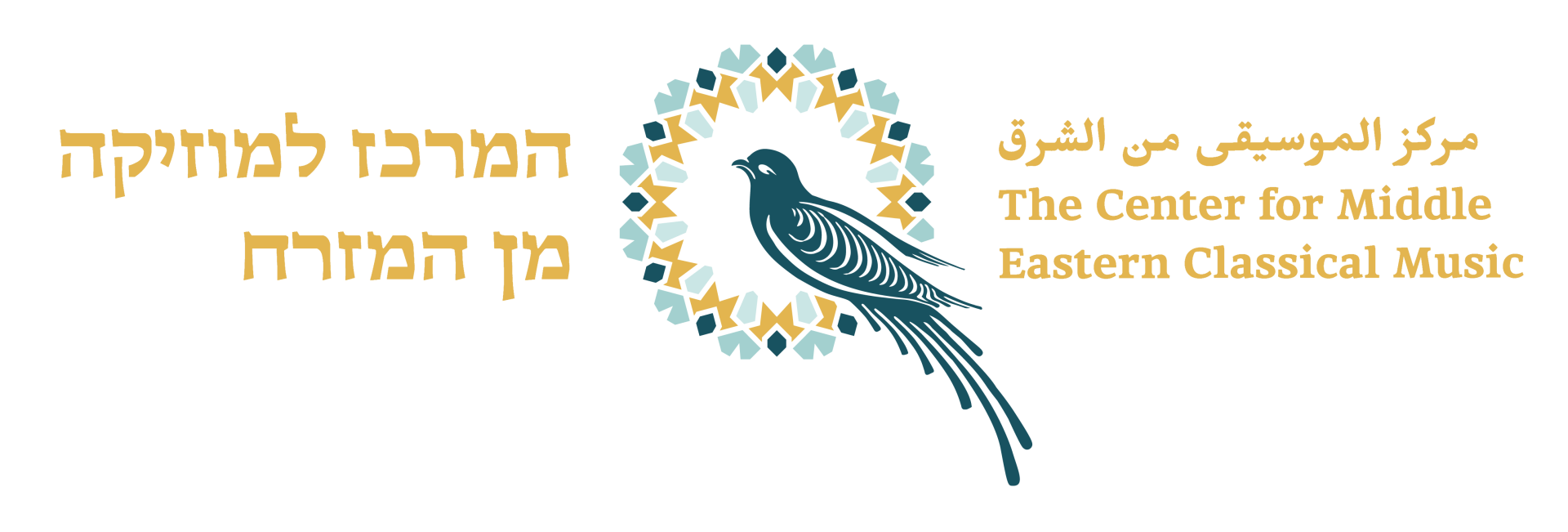About the Center for Middle Eastern Music
The Center for Middle Eastern music was founded In Jerusalem in the year 1996 by Dr. Abraham Shoshani and renowned Israeli singer Yehoram Gaon.
The Center resided until recently in a beautiful old building in Musrara Neighbourhood from which the Israeli Black Panthers originated.
The aim of the center is to bring the musical tradition of the Middle East, which functions as a bridge between Jews and Muslims of the region, to the attention of the wider public.
Since its establishment the center has been a creative hub for hundreds of students who are today at the forefront of the Middle Eastern classical music scene.
In fact, the center was central in reviving the Middle Eastern musical tradition in Israel which for many decades was neglected.
This renewal has brought about major social change in Israel and helped form a more just and tolerant society.
A great variety of Instruments and singing styles can be studied at the center.
The curriculum includes the wealth of the canonical Middle Eastern musical traditions that have developed in the region, from the middle ages until the present day.
The center is in the process of receiving academic recognition and this year we have moved to a new building which brings together many arts schools in the historical neighborhood of Nachlaot.
These recent developments will allow the center to continue to grow and develop for many years to come, in the service of the music, the city, and all of society.
The Maqam
Similar to classical European music, the classical music of the Middle East is also an instrumental and vocal courtyard music built on a system called Maqam which in different languages is also referred to as Mugham, Nuba, Raga and others.
The basic idea is that the performing artist is also a composer within the Maqam structure, allowing himself to change some of its notes in order to express his present mood.
The performer moves closer and further from the tonal center of the
Maqam, turning it into something more elusive than the strongly defined European musical scale.
This approach represents the Eastern soul for which the concept of time is more subjective than in the West.
This is a deep seeded difference and often creates misunderstandings between East and West in regards to concepts such as finality, truth, compromise etc.
In the Western perspective the truth is considered final, but it is not so in the East where the perspective is more circular and complex.
From the perspective of the European listeners the micro tonal sounds of the East can sound like they are off-key since they are used to the Western scale which is made up only of half tones.
It may seem to them that the Middle Eastern musician has forsaken the accuracy of the musical sounds. Of course, to the Middle Eastern performer and listener, this is not so.




